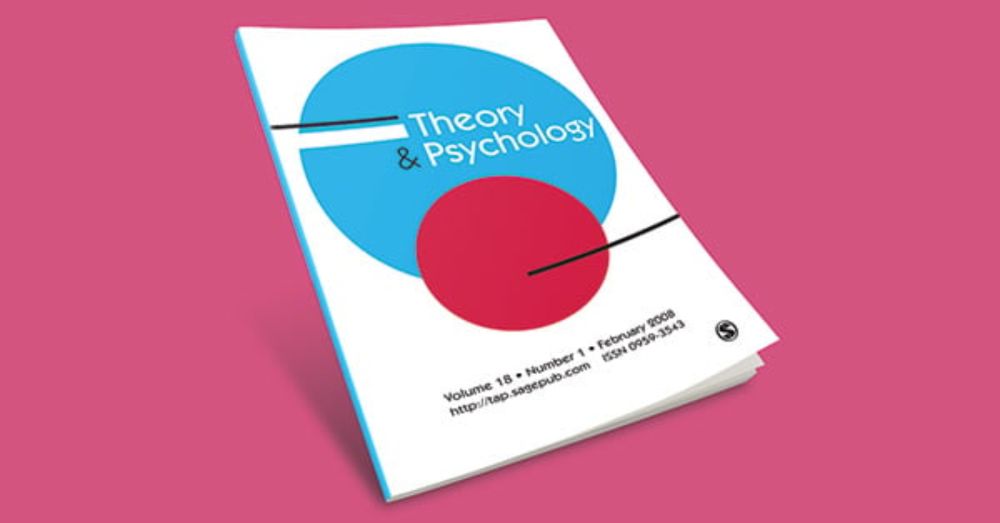research methodology, theoretical psychology, philosophy of science, metascience

First soup-to-nuts description of my explanation-focused view of test validity.
A dialectic on validity: Explanation-focused and the many ways of being human. “International Journal of Assessment Tools in Education,” vol. 10, pp. 1-96. doi.org/10.21449/ija...
First soup-to-nuts description of my explanation-focused view of test validity.
A dialectic on validity: Explanation-focused and the many ways of being human. “International Journal of Assessment Tools in Education,” vol. 10, pp. 1-96. doi.org/10.21449/ija...

